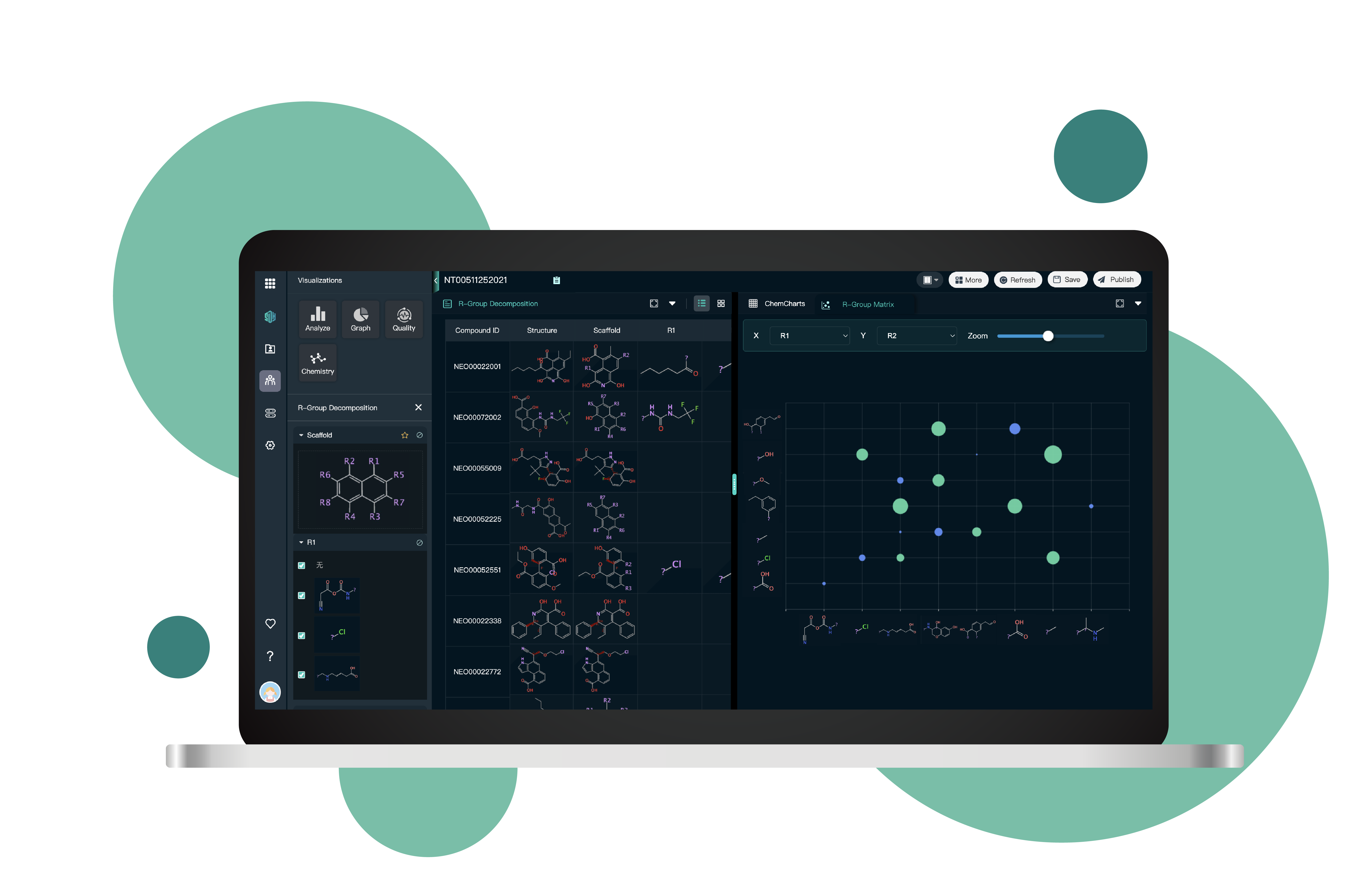Did you know that over 70% of decisions made in Uganda’s agricultural sector are based on scientific data? This staggering statistic highlights just how crucial a solid understanding of scientific data hierarchy is for businesses operating in this vibrant market. Let’s dive into what makes this hierarchy so essential and how it plays out specifically in Uganda.
The Unique Characteristics of Scientific Data Hierarchy in Uganda

When we talk about the scientific data hierarchy, especially within the context of Uganda, there are several key features to consider:
Find more about lab inventory management software.
- Local Relevance: The data collected often focuses on local conditions such as climate variations and soil types, making it highly relevant for farmers and businesses alike.
- Diverse Sources: In Uganda, scientific data comes from various sources including government agencies, NGOs, and academic institutions. This diversity enriches the available information but can also complicate its interpretation.
- Cultural Context: Understanding cultural practices is vital when analyzing scientific data. Many Ugandans rely on traditional farming methods alongside modern techniques; thus, integrating both perspectives is important.
- User-Friendly Formats: To ensure accessibility among all stakeholders—from farmers to policymakers—scientific findings are often presented in simplified formats like infographics or community workshops.
- Evolving Technologies: With advancements like mobile technology and satellite imagery becoming more prevalent, there’s an increasing ability to gather real-time data which enhances decision-making processes across sectors.
A Conclusion Worth Considering
The significance of understanding the scientific data hierarchy cannot be overstated when navigating Uganda’s market landscape. By recognizing local relevance, embracing diverse sources, respecting cultural contexts, utilizing user-friendly formats, and leveraging evolving technologies, stakeholders can make informed decisions that drive success. As I reflect on these aspects myself while engaging with different markets here in Uganda, it’s clear that a well-structured approach to scientific data not only empowers individuals but also fosters sustainable growth across communities.
Click Neotrident.